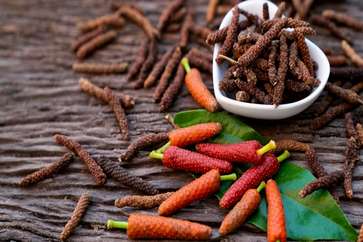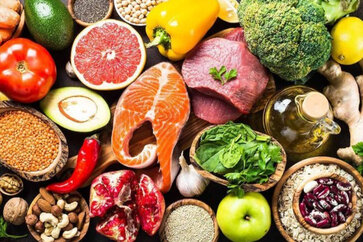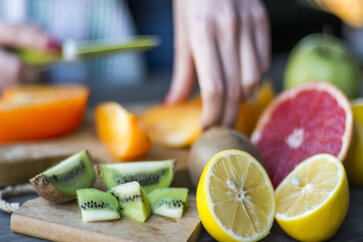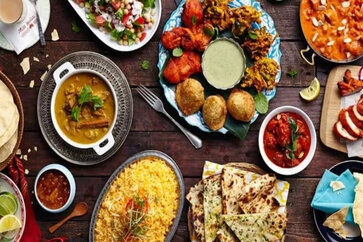What Food Makes Your Immune System Stronger?
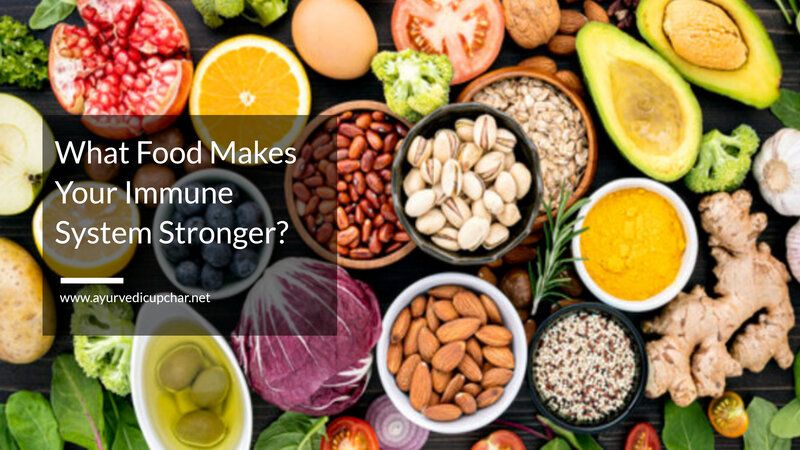
These foods will be the best allies to fight infections caused by viruses and bacteria, ideal for these moments of alert due to the coronavirus pandemic
Given the pandemic situation in which we find ourselves, from the WHO we want to contribute our grain of sand. In this post, we will explain how to have a strong immune system to fight the Coronavirus if we are in contact.
The immune system is our body’s natural defense against bacterial and viral infections. We could represent it as an army of cells that locates and attacks any foreign agent that comes into contact with our body.
Most immune cells are found in the intestinal microbiota, which is a group of good bacteria that act as a natural barrier against pathogens. Imagine as if it were a grass field.
If we have the grass cut and in good condition, our barrier will be stronger and the army of good batteries will be able to better protect us from viruses that come into contact with our bodies.
How can nutrition help to better the immune system?
Our diet can affect the state of our defense barrier. Some foods will help us protect it, and others generate imperfections on the surface of this imaginary lawn and cause difficulties in maintaining good health, and are more likely to contract any disease and be infected by a virus or pathogenic bacteria.
What nutrients can protect our immune system?
Especially vitamins A, E, C, B6, and B12, minerals such as iron, copper, selenium, and zinc, and folic acid, which act as antioxidants and anti-inflammatories.
What foods contain these nutrients?
- Vegetables: all broccoli, cabbage, cauliflower, spinach, tomato, bell pepper, onion, carrot
- Spices: enhance ginger, basil, garlic and parsley, pure cocoa …
- Fruits: all kiwi, grape, strawberry, red berries, apricot, mango, papaya, lemon …
- Healthy fats: virgin olive oil, nuts (peanuts, walnuts, almonds, hazelnuts, grated coconut), chia seeds, lawyer, blue fish …
- Dairy: such as yogurt, cheese, milk, or kefir and other fermented ones such as kombucha tea, sauerkraut, kimchi, miso, and tempeh, Fermented ones serve as probiotics, helping the good bacteria in the intestine to proliferate.
- Food of animal origin: such as salmon, tuna, egg, veal, chicken, turkey, and seafood.
- Legumes: chickpeas, lentils, beans, peas …
- Whole grains: rice, oats, whole wheat, potato, sweet potato … A tip to further improve our intestinal microbiota is to create resistant starch, which feeds the intestinal cells and reduces inflammation of the intestine, and improves the absorption of minerals.
How can we create resistant starch?
Starch is a molecule that all grains contain. This is a chain of sugars arranged in a specific way. Let’s imagine a string of pearls.
When we cook the cereal, the links between the pearls are broken, and when we cool the cereal in the fridge, the pearls are joined again, but in a different arrangement than before.
We are creating resistant starch. The more structure changes we make, that is, the more times we heat and cool the cereal, the more resistant starch we are creating.
What foods should I try to avoid?
All those that contain:
- Simple sugars: such as cookies, sweets, soft drinks, alcoholic beverages, sugary cereals, packaged juices, sweets …
- Saturated fats: such as cream, chocolate, butter, animal fat, ice cream, pastries, pastries, fried snacks, pre-cooked dishes …

